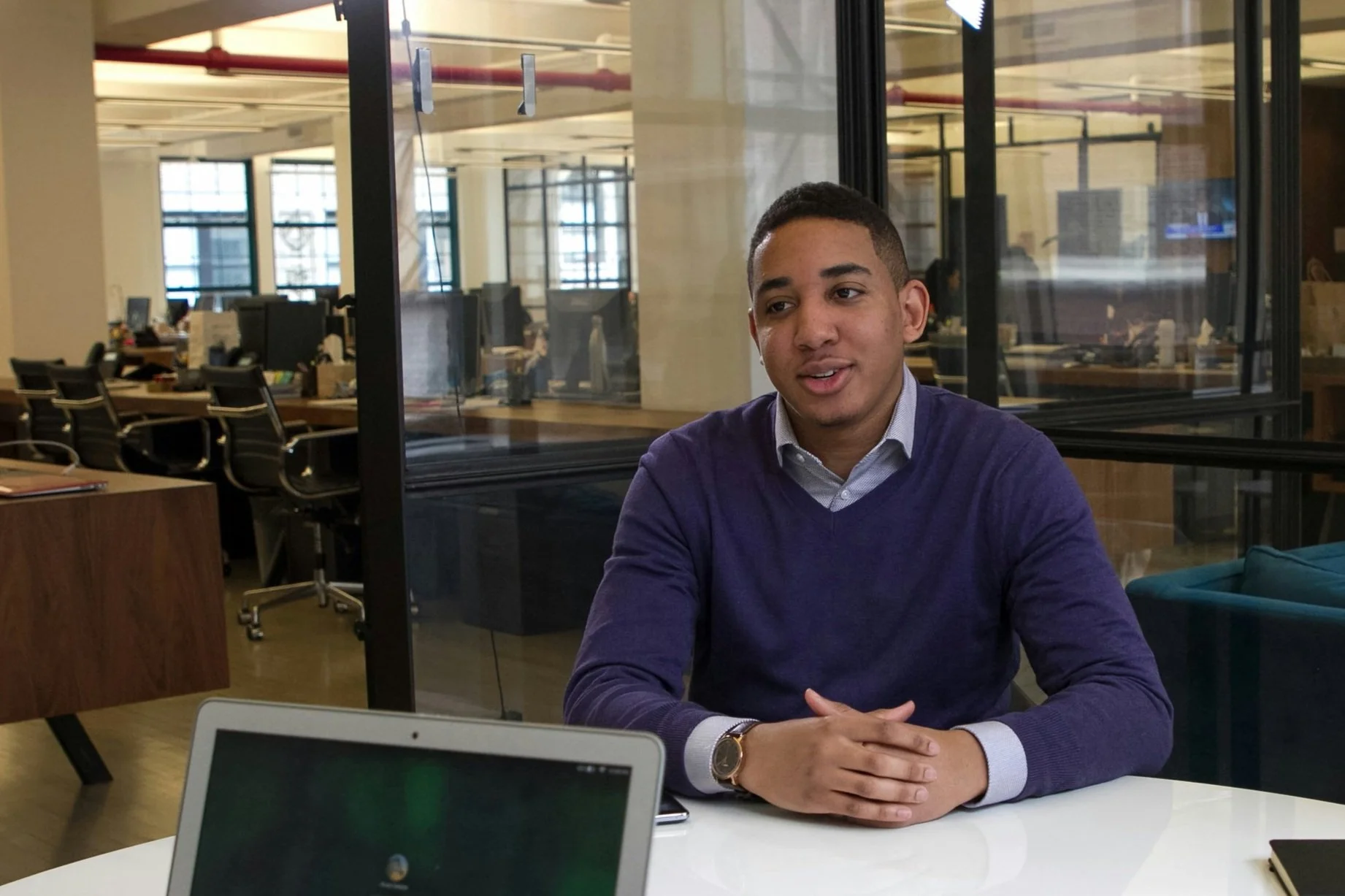Many of our clients are considering the regulatory implications AI. This includes the GMC, who asked us to speak to doctors about their experiences of using AI in their practice, and to consider the opportunities and risks that the GMC needs to manage.
Read MoreChanges to how pensions operate mean consumers now face a multitude of complex and high stakes decisions. Many people do not know this is the case, and few seek professional support. We are working with think-tank Phoenix Insights to develop a Consumer Advisory Panel to involve members of the public in deliberation of what consumers need to support them through the pension decumulation quagmire…
Read MoreAt the PSA’s 2024 conference we presented with the GMC, sharing our plans for research into the thresholds of public confidence for Fitness to Practice cases. Here we talk more about the forthcoming research, and how it sits in the wider work that healthcare regulators are doing to incorporate the public’s views on the boundaries of professional conduct…
Read MoreIf you come from a minoritised ethnic background or neither of your parents has a degree, you have less chance of securing a pupillage - the final stage prospective barristers go through prior to qualification. We researched how pupillage providers are seeking to redress this balance…
Read More92% of adults in the UK seek out local news and information. However, the local media landscape is rapidly changing, and Ofcom is reviewing the provision, role and value of local media in the UK. We carried out an extensive piece of qualitative research involving over 130 people across the four nations, exploring the role of local media in their lives and their hopes and concerns for its future…
Read MoreHave you noticed an increase in the price of your broadband or mobile phone contract? Did you read the small print when you took out the contract? If you didn’t, our research for Ofcom about in-contract price rises research suggests that you are not alone…
Read MoreOur research with people who can’t receive their post provided rich insight into how post exclusion is exacerbating the difficulties people are facing due to rises in living costs. Their stories are central to Citizen Advice’s campaign for change…
Read MoreIn November 2023, we presented our research on the Duty of Candour in chiropractic and osteopathy services. The research brought considered views from patients into the debate on how we can make care safer for all…
Read MoreFollowing on from our previous blog about research amongst Thames Water’s vulnerable customers, here we focus on how we delivered research where three quarters of participants came from minoritised ethnic groups. Read about how we shaped the sample through careful analysis of Thames Water’s customer base and how we worked with Ethnic Opinions to reach the right people and enable them to share their stories…
Read MoreWhen Thames Water commissioned us to conduct an ambitious study on vulnerability amongst their customers, we pressed the pause button. Instead of diving straight into the design and recruitment, we took time to interrogate what vulnerability means in this context, who in their catchment area might be vulnerable, and what we needed to ask people to understand what makes them vulnerable. This preliminary analysis involved reviewing existing data and evidence to shape the research, and it had a material impact on the resultant design.
Read MoreA desktop review of international comms campaigns that aim to change consumer behaviour - what can we learn? The Consumer Council for Water asked Community Research to conduct a wide-ranging review to synthesise lessons to help galvanise action and foster collaborative working in the sector. Here’s what we did…
Read MoreOur recent in-depth research provided the Legal Services Board with a granular understanding of how people can be vulnerable when they have a legal issue. The research shows how this can affect their ability to engage with (and feel agency) over matters that have a significant impact on their lives. It also shows the material impact that legal professionals have on increasing or decreasing people’s vulnerability. We used case studies and storyboards to bring these stories to life…
Read MoreIn an age of social media soundbites, how do we make sure that research outputs are compelling enough to inspire and influence decision-makers and those who wield power to make changes? In July we brought together a group of people who commission, conduct and use research to inform policy to hear from them what works…
Read MoreWe are frequently asked to conduct research projects where we wish people to tell us how they feel about and are likely to respond to risk. Exploring risk is complex. Our tendency is to assume that we make rational decisions regarding the risks we face – weighing up likelihood and potential cost to decide what (if any) mitigations we will put in place….but that is rarely the case in practice. So, what do we need to think about when undertaking research related to risk?
Read MoreAt Community Research, we have been offering purely online approaches since the start of the pandemic. Of course we haven’t wanted to put our participants or our researchers at any risk. But, with restrictions lifted, it is time for us to review this. We are keen to get back and speak to people in person if and when there are clear advantages.
Read MoreCitizens Advice wanted to understand the impacts of temporary post office closures (and their replacement with outreach services) on rural communities. We took a 'community view' approach, recruiting several residents, community leaders and SME owners within each village to get a rounded view of how the community as a whole used traditional post offices, and the impacts of their closure or of the shift to mobile post-office services (provided, for example, from a van a few hours a week).
Read MoreThe market research industry is based on asking questions about, amongst other things, people’s behaviour. Asking well-designed questions is part of our core skill-set….but, so is knowing that asking questions is NOT always the best or the only thing to do!
Read MoreOne of the challenges we face when trying to measure opinion on difficult policy areas is that quantitative surveys can miss the complexities and nuance of the issues. In contrast, deliberative research enables us to give a small number of people the time and information they need to come up with an informed ‘citizen’ perspective – something that is not possible in a 15-minute survey… or is it?! Well – not quite, but we recently tried something that came a bit closer to getting a more informed opinion from a nationally representative sample.
Read MoreA recent brief from the Legal Services Board (LSB) on a contentious policy issue meant we had to take a different approach - replicating the Citizens Jury approach, but doing it all online. Read more here…
Read MoreThings are gradually returning to ‘normal’, but we still need a considered approach before we go back to face-to-face research. Here we talk about how we’ll make decisions about when face-to-face is the right approach.
Read More



















